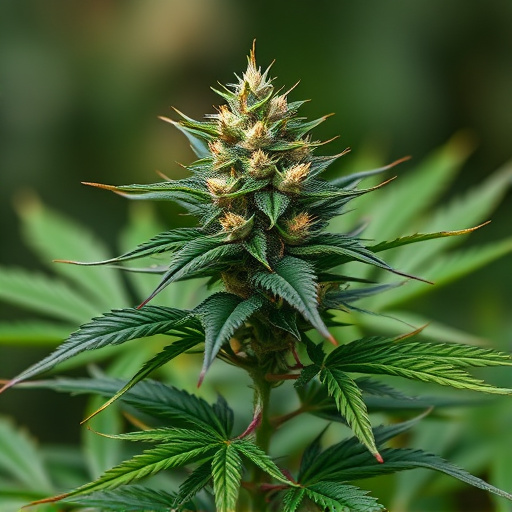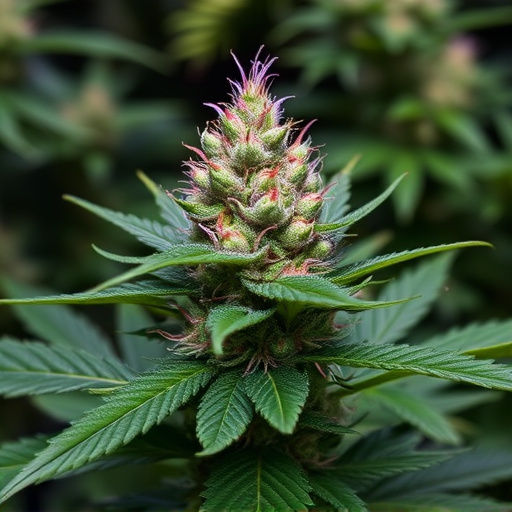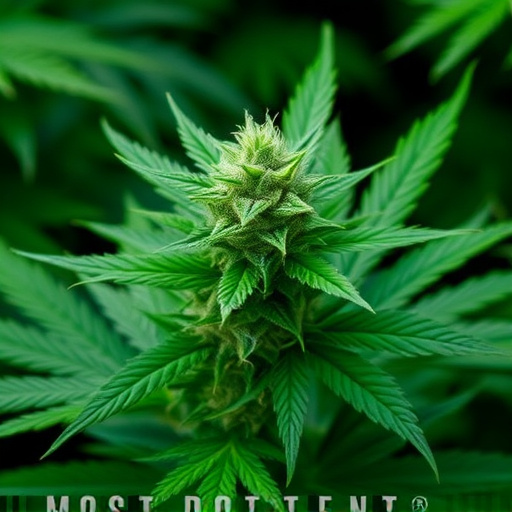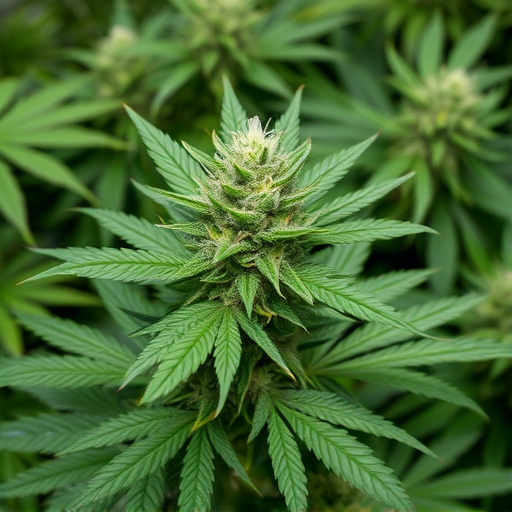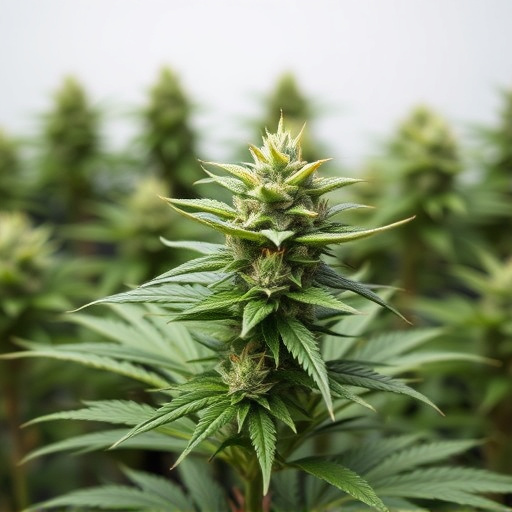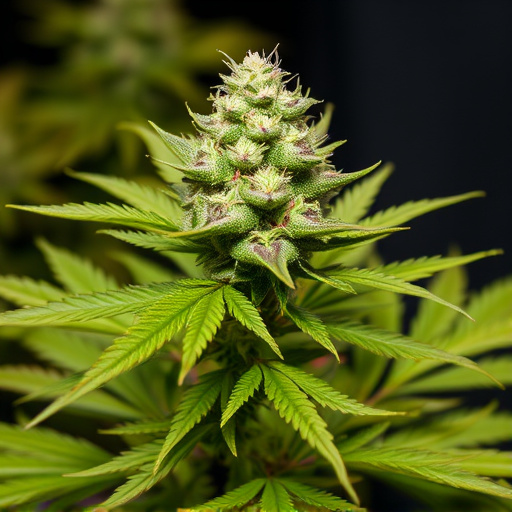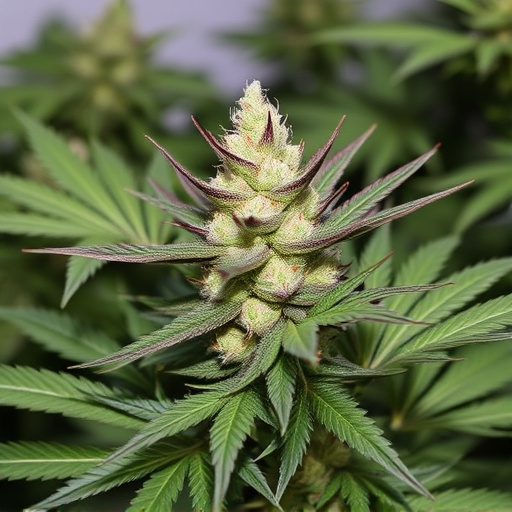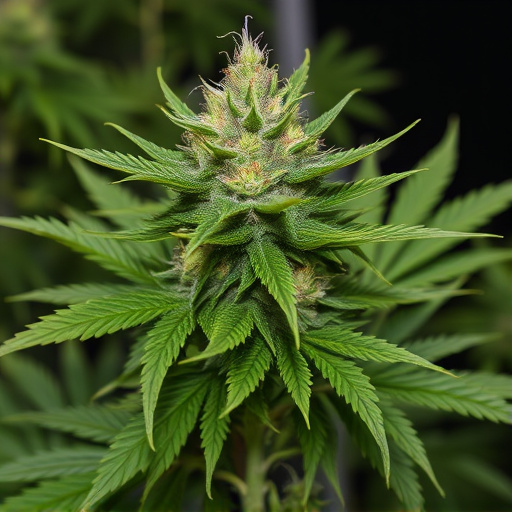High sativa strains, renowned for their THC content, are explored as alternatives for anxiety and depression treatment due to potential mood boosts and mental clarity. However, not all experience positive effects, and CBD's role in moderating side effects is gaining recognition. Balancing THC and CBD in these strains is key to managing mental well-being effectively. While sativa strains offer energy and focus, they may trigger paranoia or stress in vulnerable individuals, emphasizing the importance of consulting healthcare professionals before use.
“Can cannabis flower act as a catalyst for mental well-being? This question has sparked growing interest in the medical community. This article explores the potential of cannabis, focusing on how its various strains, particularly high sativa varieties, can alleviate symptoms of specific mental health conditions.
We’ll delve into the science behind its effects, uncovering how different compounds interact with our brains. By understanding both the benefits and risks, readers can make informed decisions regarding cannabis as a complementary therapy.”
- Understanding Cannabis Flower and Its Effects on Mental Health
- High Sativa Strains: Benefits for Specific Mental Health Conditions
- Potential Risks and Considerations When Using Cannabis for Mental Health
Understanding Cannabis Flower and Its Effects on Mental Health
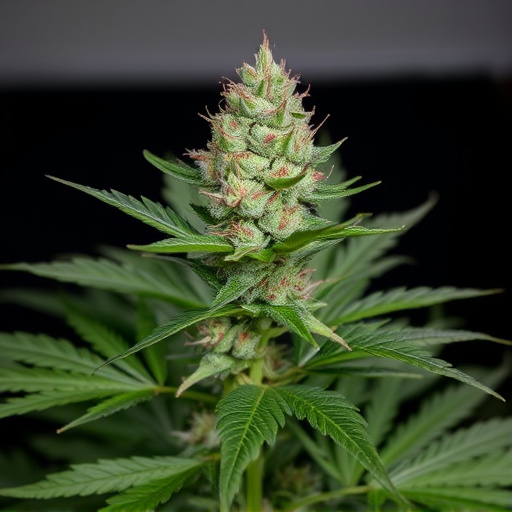
Cannabis flower, a product derived from the hemp plant, has gained significant attention for its potential therapeutic effects on mental health. At the heart of this discussion are cannabis’ various compounds, notably tetrahydrocannabinol (THC) and cannabidiol (CBD). High sativa strains, known for their dominant THC content, have been linked to heightened creativity and improved mood, offering a glimmer of hope for those seeking alternative solutions to manage anxiety and depression.
The effects of cannabis flower on mental health are multifaceted. While THC can induce euphoria and relaxation, it’s important to note that not all individuals respond positively. CBD, on the other hand, is gaining traction for its potential in mitigating some of THC’s more potent side effects while still offering anti-inflammatory and anxiolytic properties. Understanding the balance between these compounds in high sativa strains becomes crucial when considering their impact on mental well-being.
High Sativa Strains: Benefits for Specific Mental Health Conditions
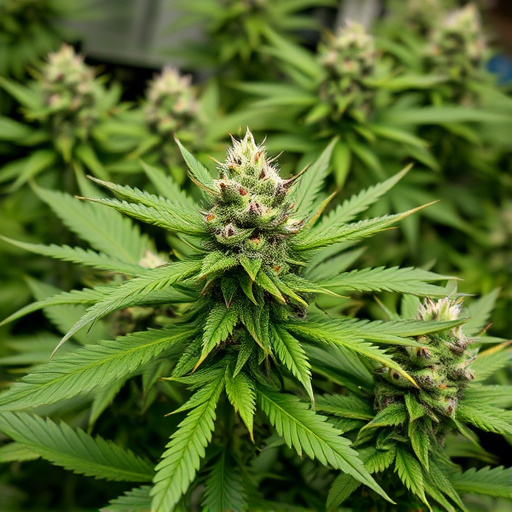
High sativa strains are renowned for their uplifting and energizing effects, making them a popular choice for individuals seeking to enhance their mental focus and mood. These varieties typically contain higher levels of THC, the primary psychoactive compound in cannabis, which can positively impact specific mental health conditions. For instance, sativas are often recommended for treating depression and anxiety due to their ability to stimulate dopamine release and induce feelings of euphoria. The heightened mental clarity and motivation associated with sativa strains can also benefit individuals with ADHD or cognitive impairments, aiding concentration and overall well-being.
Moreover, high sativa strains have shown promise in alleviating symptoms of post-traumatic stress disorder (PTSD). Their calming yet invigorating effects can help reduce restlessness and improve sleep quality, common challenges faced by those suffering from PTSD. The ability of sativas to promote a sense of relaxation without causing excessive drowsiness makes them a valuable tool in complementary mental health treatments, offering patients an alternative approach to manage their conditions effectively.
Potential Risks and Considerations When Using Cannabis for Mental Health
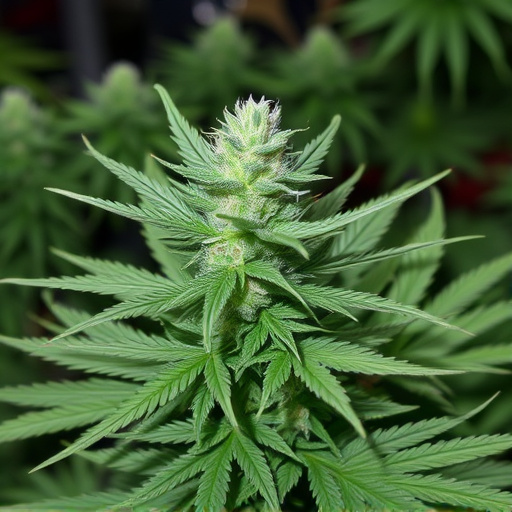
While cannabis has shown promise in aiding mental health, it’s crucial to acknowledge potential risks and considerations before use. High sativa strains, known for their energizing and uplifting effects, may seem appealing for treating conditions like anxiety or depression. However, they can also induce feelings of paranoia or heightened stress in some individuals, especially when consumed in high doses or by inexperienced users. The impact of cannabis on mental health is complex and varies greatly from person to person; factors such as genetics, tolerance, and overall mental state play significant roles.
Moreover, long-term use of cannabis, particularly at a young age, has been linked to an increased risk of developing psychotic disorders. Certain high sativa strains with high THC levels may exacerbate existing mental health conditions or trigger new ones in vulnerable individuals. It’s essential to consult with healthcare professionals before incorporating cannabis into any mental health treatment plan and to choose strains carefully based on personal needs and preferences.
While cannabis flower shows promise in certain areas of mental health, particularly with specific high sativa strains, it’s crucial to approach its use with caution. More research is needed to fully understand its effects and risks. Individuals considering cannabis as a treatment option should consult healthcare professionals for personalized guidance, especially given the potential risks and varying effects on different people.


